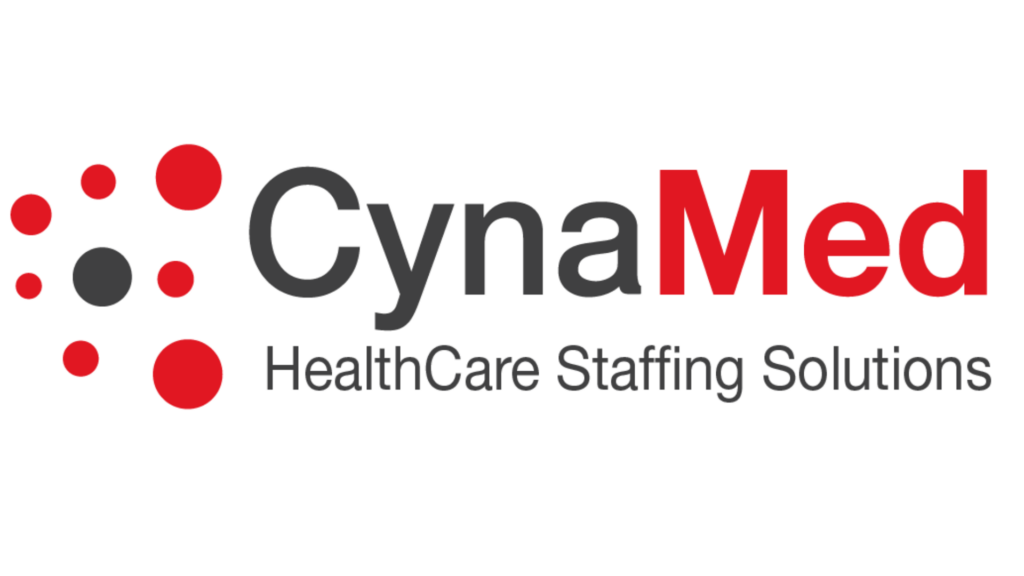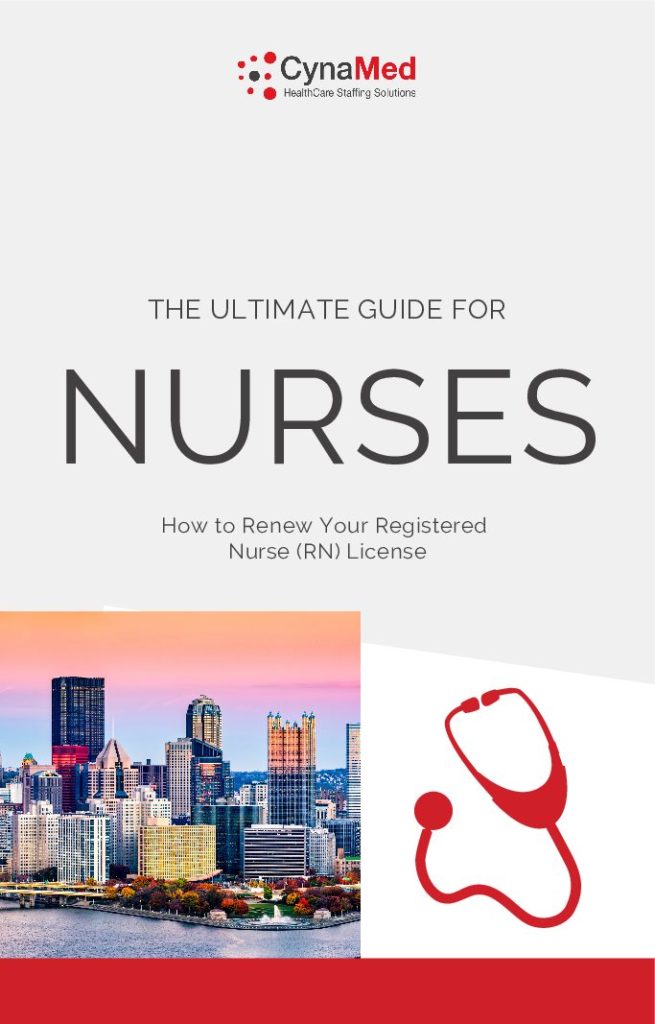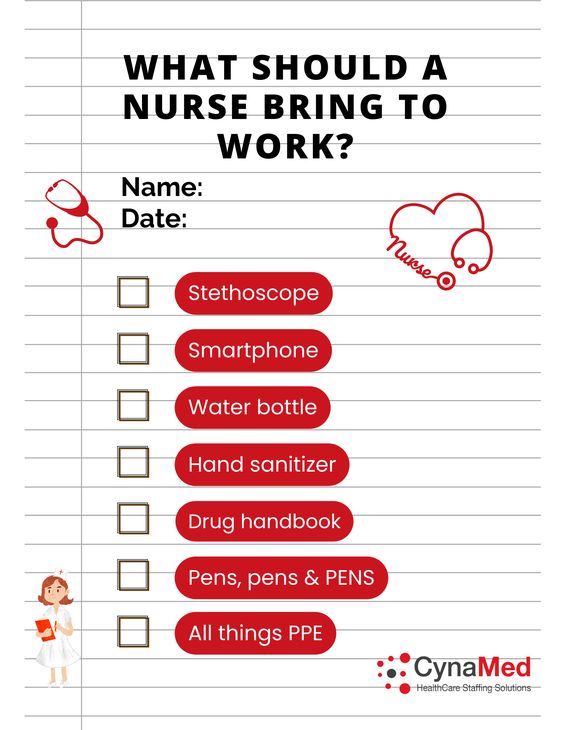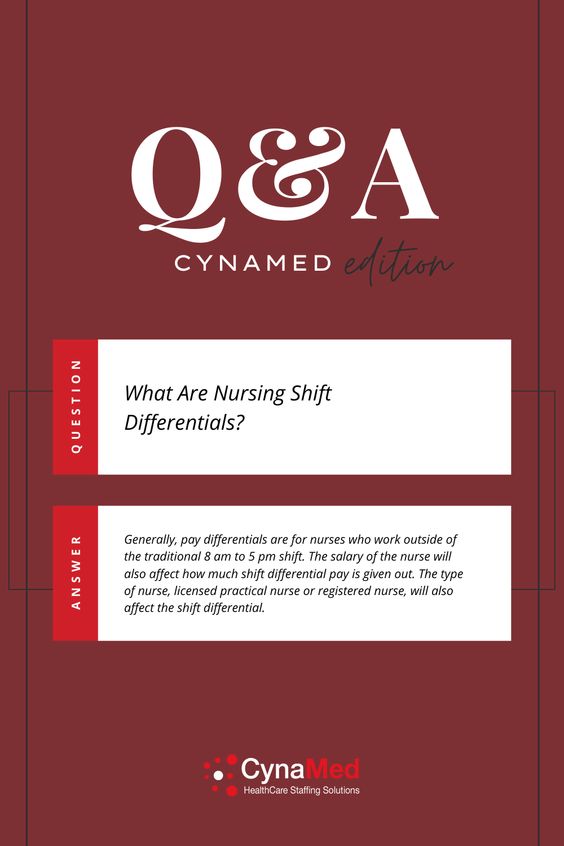
Home » RN Resources
RN Resources
Ready to Get to Work? Apply today start working in as little as 24-hours. Or, signup for job alerts and be notified of new opportunities!
FAQ
There is no doubt that a registered nurse (RN) has a rewarding career. You get to care for patients, make sure their health improves, and make a positive impact on another person’s life. Additionally, the market for registered nursing jobs has been steadily increasing and registered nurses also have high job security. Registered nurses have many responsibilities and enjoy a fulfilling career.
Most RN jobs do come with occasional stress. It is a fast-paced occupation that generally requires you to stay alert for whatever happens. The hours can also be long at times. There are certain registered nursing jobs that are less hectic than others though.
School Nurse
This job is great for a RN that enjoys being around children. The hours and vacation time also allow the RN to get adequate rest. An RN at a school or camp typically provides basic care to young children. Usually only one trustworthy RN is hired to be a school nurse. Making sure a child takes medication is a big responsibility of a school RN.
Nurse Educator
Becoming a nurse educator is a low-stress option for experienced RNs. A nurse educator should have a few years of experience under his or her belt, so this is a job you have to earn over time. The main responsibility is training aspiring nurses and helping them advance in their career.
Nurse Researcher
Registered nurse researchers usually work in labs at universities and research facilities. They normally have no patients to tend to, so this is an out of the ordinary nursing job. However, it is just as rewarding as any other RN job because of the impact they have on the healthcare industry. A nurse researcher’s primary goal is studying diseases and treatments and how to advocate healthy lifestyles.
If you are seeking registered nursing jobs in your area visit our website. Also, Cynamed posts nursing job opportunities daily and will help find the perfect nursing job for you. Search “RN jobs near me” on Cynamed and we will find you employment fast.
Due to their more extensive educational background, a nurse practitioner (NP) has more authority than a registered nurse (RN). Also, NPs have broader experience, training, and knowledge in nursing than RNs.
For instance, the minimum requirement to become an RN is earning an associate’s degree in nursing (ADN), which takes two to four years. You can get an ADN by enrolling in community colleges or trade schools. In contrast, you’ll need a master’s degree to become an NP. You can get a Master of Science in Nursing through university graduate programs.
Many RNs transition to NPs to achieve a higher professional status. Becoming a nurse practitioner offers a higher salary and greater career opportunities. However, NPs also take on more responsibilities than RNs. Here are some differences between the two career paths:
Salary
On average, the salary for RNs is about $55,545 per year and around $11,250 per year with overtime. In contrast, NPs earn approximately $116,597 and $17,500 per year with overtime.
Responsibilities
The primary responsibilities of an RN are ordering diagnostic tests, monitoring patients, creating and updating patient records, supervising CNAs and LPNs, providing patient education, and examining and providing treatment to patients under the physician’s orders.
NPs are in charge of prescribing medications, monitoring patients’ responses to medications, providing diagnoses and custom treatment plans, communicating with patients to help them achieve a healthy lifestyle, and diagnosing and monitoring acute and chronic illnesses.
Career Opportunities
NPs and RNs also differ in career opportunities and work settings. Registered nurses mostly work in hospital settings. Other places RNs work include schools, home care, nursing care facilities, and surgical settings. Nurse practitioners have the option to work in private practices, hospitals, universities, community clinics, and managed care facilities.
According to the U.S. Bureau of Labor Statistics, demand for nurse practitioners is expected to grow by 19%. Meanwhile, the demand for registered nurses is expected to increase by 7% from 2019 to 2029.
If you are an RN and looking to advance in your nursing career, please reach out to CynaMed Healthcare Staffing Solutions. We are here to help!
1. Get an Associate’s Degree in Nursing (ADN) or Bachelor’s of Science in Nursing (BSN)
Depending on the RN program you want to get into, you’ll have to have completed basic math, science, and some foreign language courses. These are courses you’ll have taken either in high school, college, or the equal.
You can also go through a nurse certification program to avoid getting either the ADN or the BSN. While this method is easier to attain, an ADN or BSN will provide more options for employment than a nursing diploma alone.
If you already have an ADN or nursing diploma, you can get a BSN through a two-year program called the RN-to-BSN. This cuts down the time to get a BSN by two years.
2. Take the NCLEX-RN Exam
The National Council Licensure Examination is the test that determines your eligibility to become a registered nurse. When you pass it, it means that you’re able to practice entry-level nursing.
There are four test sections. The first deals with safety and hygiene. The second area covers health promotion and body maintenance. The third section has to do with the mental/emotional well-being of patients. Finally, the fourth section examines physiological integrity.
Most nursing degree programs offer training and study materials to pass this test. You can find similar materials in NCLEX study booklets or review apps.
3. Become a Licensed RN in Your State
Passing the NCLEX-RN proves that you are eligible to be a registered nurse. Make sure to check the state board in the state where you plan to seek employment about license renewal, transfers, or any application fees and deadlines.
4. Get Hired!
According to the American Association of Colleges of Nursing, there is an ongoing national shortage of nurses as recently as 2020. If you’re thinking about becoming an RN, there is plenty of room for career growth. Further your education in nursing, and you can specialize in different areas.
For further information about nursing careers, please reach out to CynaMed. On our website, you’ll find plenty of resources regarding healthcare careers. Or, you can also email us at info@cynamed.com.
Breaching patient confidentiality
As a nurse and as a person in the medical field, you have a responsibility to hold the patient in the highest regard. Violating a patient’s confidentiality is one of the quickest ways to lose your nursing license. The allegation may become a HIPAA violation, which is a federal offense.
Engaging in unprofessional conduct
Unprofessional conduct can include having sexual relations with a higher-up or a patient or using inappropriate language around patients. Keeping professionalism is important when working in a small office or a big hospital. If someone around you is being unprofessional, report it, but do not be a part of it.
Diverting drugs
Taking medication for yourself or someone else is an easy way to be the subject of an investigation. As a result, this behavior can easily cause you to lose your nursing license and even go to jail.
Falsifying patient records
Falsifying records can include anything from giving a patient extra medicine and not recording it to writing down that you bathed a patient when you did not. Again, it is particularly important to keep the patient’s life and well-being at the top of your priorities. If records are found to be false, this is grounds for a full investigation and almost immediate termination.
Neglecting patients
Neglecting a patient, even accidentally, can have grave consequences. It is easy to get caught up in the rush, but it is your job to give each patient the proper care they deserve. Likewise, if there’s proof or claims of a nurse neglecting a patient on purpose, this can be grounds for a federal investigation, termination, and potential jail time.
Learn More About Nursing Licenses
At CynaMed, finding answers to your hard-hitting questions is part of our mission. We offer plenty of helpful resources for healthcare professionals. Likewise, we encourage you to give us a call today at 412.325.3420 to talk to our amazing operators who can answer any other questions you may have today!
Nursing shift differentials are extra payments for working inconvenient shifts. is extra payments for working inconvenient shifts. These shifts may be at undesirable times, such as at night, on the weekends, during a holiday, and more. However, shift differentials do not always involve date and time difficulties. They may refer to supplemental pay for nurses who specialize in a certain area that needs shift assistance.
Generally, pay differentials are for nurses who work outside of the traditional 8 am to 5 pm shift. The salary of the nurse will also affect how much shift differential pay is given out. The type of nurse, licensed practical nurse or registered nurse, will also affect the shift differential.
Calculating nursing shift differential
A shift differential is usually a percentage of the normal hourly pay. Some hospitals offer a fixed number as the shift differential instead of dealing with nursing salary percentages. Fixed number shift differential payments will vary with each hospital.
There may be extra shift differential payments if nurses take on extra responsibilities. Hospital employers will also factor in how many shifts have been worked and what times. For example, there could be an increment in the pay differentials on public holidays. Also, a nurse who has worked multiple shifts over the weekend may be eligible to receive a higher percentage rate or a fixed amount. It is important that practicing nurses are familiar with their hospital’s shift differential rules.
Your level of nursing experience also determines your shift differential
As mentioned earlier, some nurses receive higher shift differentials than others. LPNs and RNs may have different shift differentials because of taking on more responsibility and having more autonomy during the shift. There are also hospitals where shift differential payments are the same amount for every nursing position.
If you are interested in nursing jobs and want to know more about shift differentials, visit our website. It is a helpful resource that ensures you will find the right nursing job for you.
eBooks
Videos
Pinterest Boards
Blog
- All
- RN
- All
- RN
A Guide to Working in a Personal Care Facility for RNs
What is the Board of Nursing Entitled to in Your Records?
Why Bedside Manner is So Important for Registered Nurses











